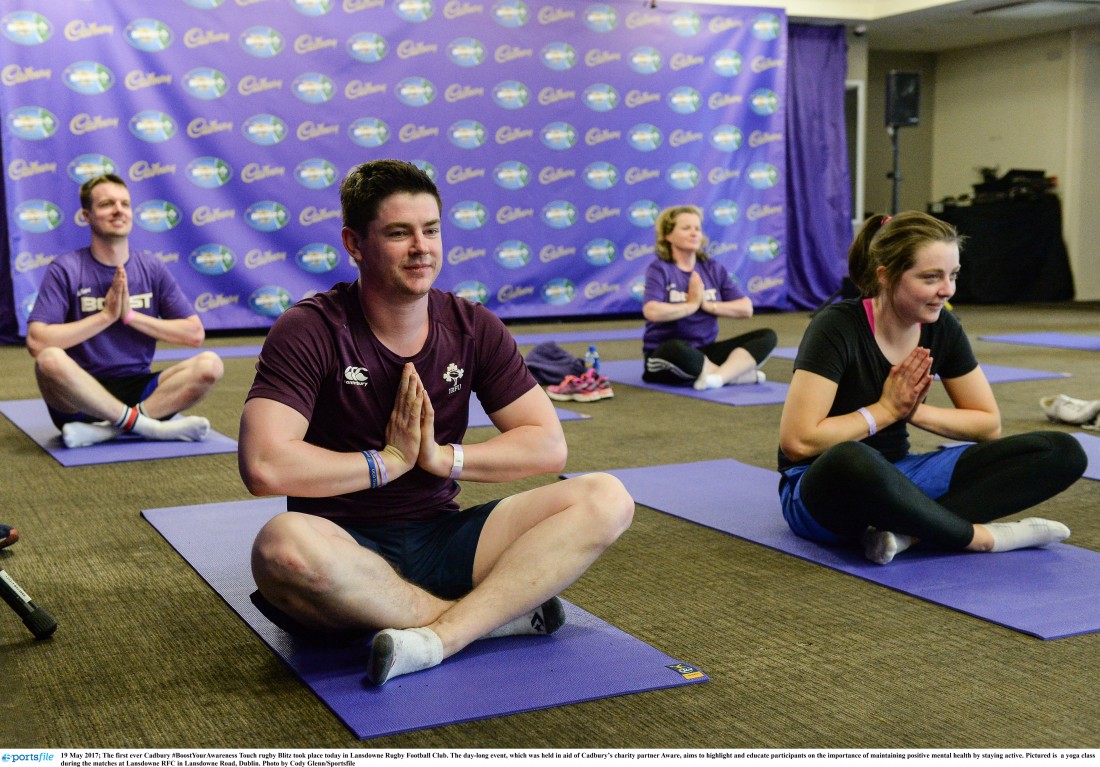The definition of stress is ‘a state of mental or emotional tension resulting from adverse or demanding circumstances’.
In the hustle and bustle of 21st century living, demanding circumstances are a dime a dozen. Bills, jobs, neighbours, family, friends – they all provide their demands. And each one adds its own little portion of stress, each one provides its own dilemma and unpredictable outcome.
Consciously, we might be able to assign to each stresser an order of merit, from most stressful to least – but inside, the mind doesn’t care. For every different exterior situation, the same interior reaction. The primitive nervous system (fight or flight mode) is turned on – the body immobilises enormous amounts of energy and resources to be able to deal with the perceived threat in the environment.
We begin to use up the body’s vital resources so that we can survive the condition in the outer world. Our pupils dilate, our salivary juices shut down – this is why we get a dry mouth – our heart rate increases, our breathing rate increases, blood is shut down from going to our organs and is sent directly to our muscles. It’s time to run or fight.
The stresses in our environment cause the same reaction in our bodies as in the body of a zebra being attacked by a lion – in fact, for us it is the exact same thing, our body thinks it’s life or death.
If the zebra outruns the lion, the zebra needs time to rest and repair before the stress response is switched off and the body returns back to balance.
Blood is sent back to the vital organs, the immune system returns to function normally and the zebra can begin to eat again.
In the sporting world, this same exact stress response is set off by a number of familiar things both on and off the field; the fear of losing, of missing a shot, of giving a bad pass, of our man scoring, of making a mistake, of dropping the ball, of being taken off. And so, these constant stresses don’t really allow for the stress response system to be switched off.
If you think the wrong kind of thoughts before a game, it goes into your body, changing your chemical composition, which then affects how you perform. Your thoughts create physiological changes, your muscles tighten, your breathing is shallower, your hands and feet become cold as the blood leaves the extremities.
Tighter muscles increase the chances of injury, foot speed is decreased, reaction time slows down and your reach is shortened. With faster breathing you tire faster. With cold extremities you drop the ball, and your ability to have clean contact when kicking is decreased. Quite literally, your thoughts (how you perceive your environment) can radically decrease your performance.
Logically, the answer to this would be to make a change in the way you think. Turn stress emotions like anger, frustration, aggression, competition, fear and hatred into elevated, heartfelt emotions like gratitude, appreciation, kindness, love, joy.
These emotions tell your body that it is not in a dangerous environment, and so the stress response remains switched off and the body can continue to repair and regrow.
However, it is not always easy to feel gratitude when your manager is criticising you. But there is something else you can do.
There are many different techniques and definitions for meditation. But no matter your technique or definition of choice, it does the same thing.
It creates a state of homeostasis in the body. Homeostasis is the body’s base line status – it is self-repair.
The cells repair and regrow and everything in your body works at optimal level.
The fundamental idea behind all meditation is to create inner silence. Quite simply what this means is to have no thoughts.
And the easiest way to have no thoughts is to concentrate on one thing – your breathing.
Watch LeBron James during timeouts, his eyes are closed as he follows his breath. He is removing all negative chemicals from his body.
If your mind is solely focused on inhale/exhale, then it isn’t thinking about missing a pass, losing a game, playing poorly.
As I said earlier, stress is caused by perceived danger in your environment, which is created by your thoughts.
If you aren’t having any thoughts, then naturally there will be no stress response and your body can focus solely on repair and regrowth, allowing you to perform at your optimum.
It may sound easy, but in practice it is extremely difficult. 99% of people who try meditation give up within the first month. It has to be learnt, the meditation muscle has to be given time to grow. What I recommend is starting with a beginners ‘guided meditation’ of only five minutes.
Take your time and learn how to focus on your breath. Breathe in and breathe out.
A guided mediation will tell you what to do when – naturally – thoughts of the outside world start to enter into your mind.
Practice every day, and over time you will get better. Slow down the daily thoughts which are quite literally causing poor performance. Meditation is vital for playing well and maintaining a healthy body.
Gareth Fox is a qualified RTT Hypnotherapist and Peak Performance Coach who works with inter-county footballers. In this new monthly column, he will provide advice on the difficulties of confinement and offer ways to improve peak mental performance. For more information visit www.gareth-fox.com/sports-hypnotherapy/ or contact@gareth-fox.com
Receive quality journalism wherever you are, on any device. Keep up to date from the comfort of your own home with a digital subscription.
Any time | Any place | Anywhere












